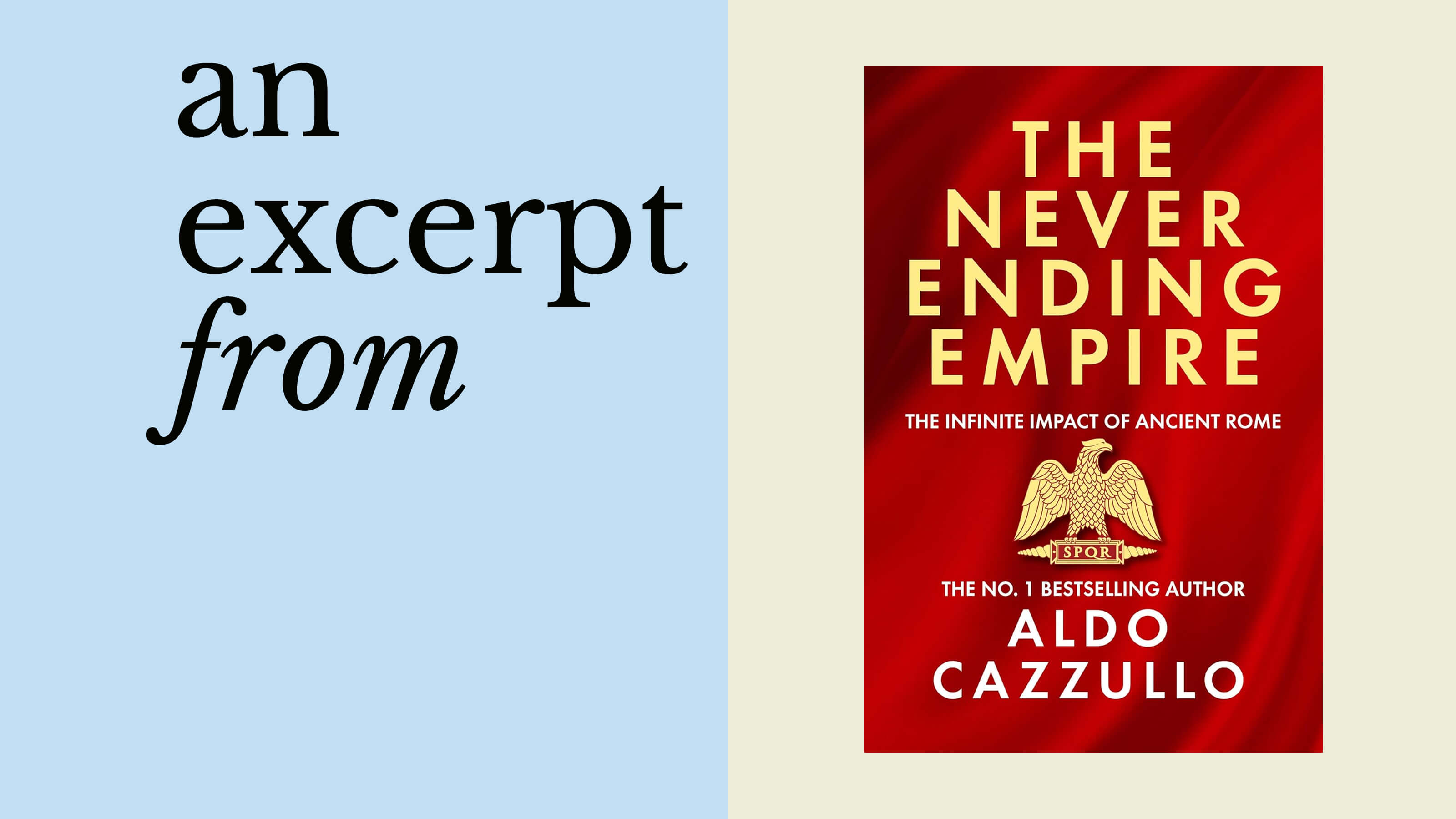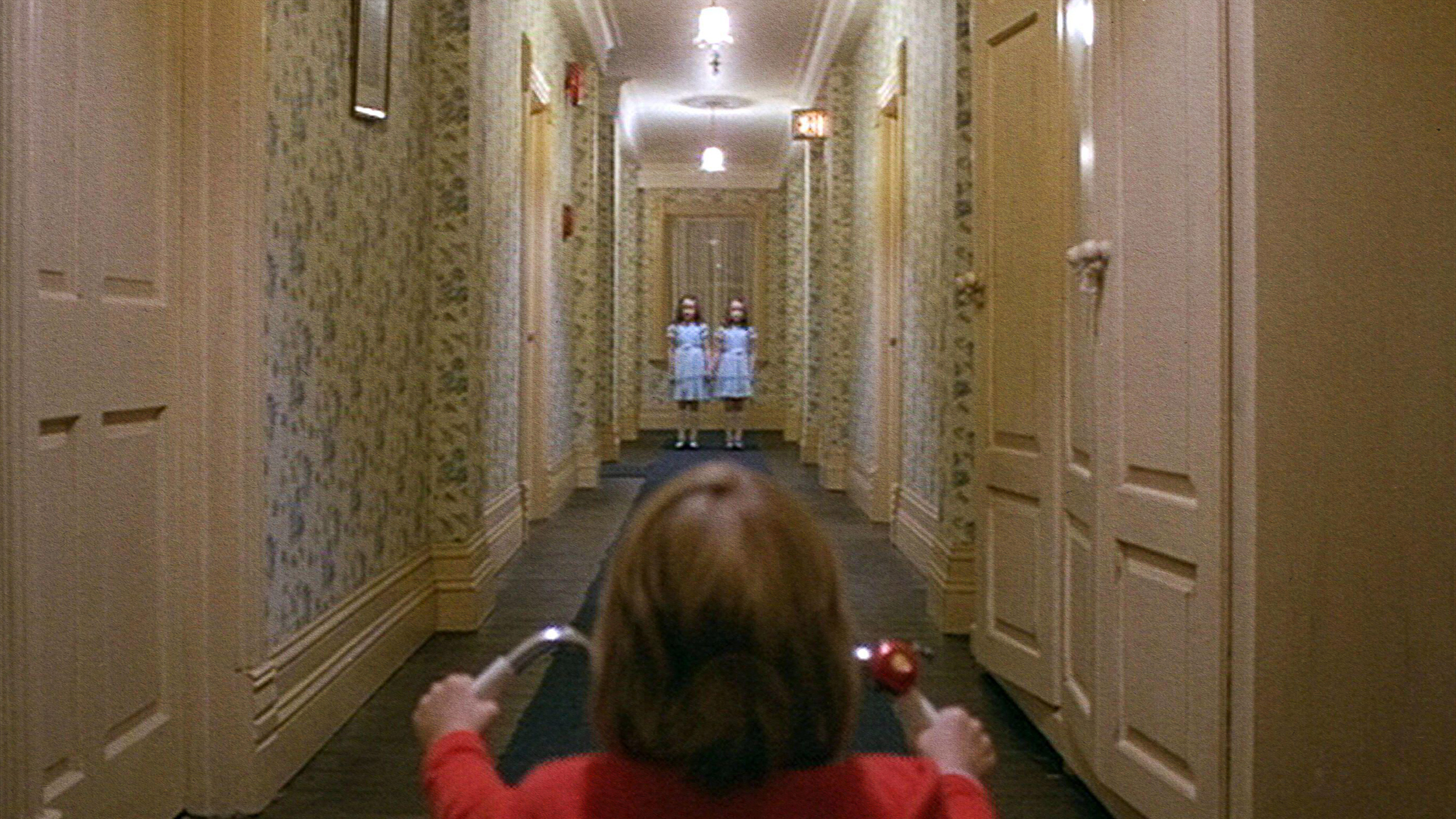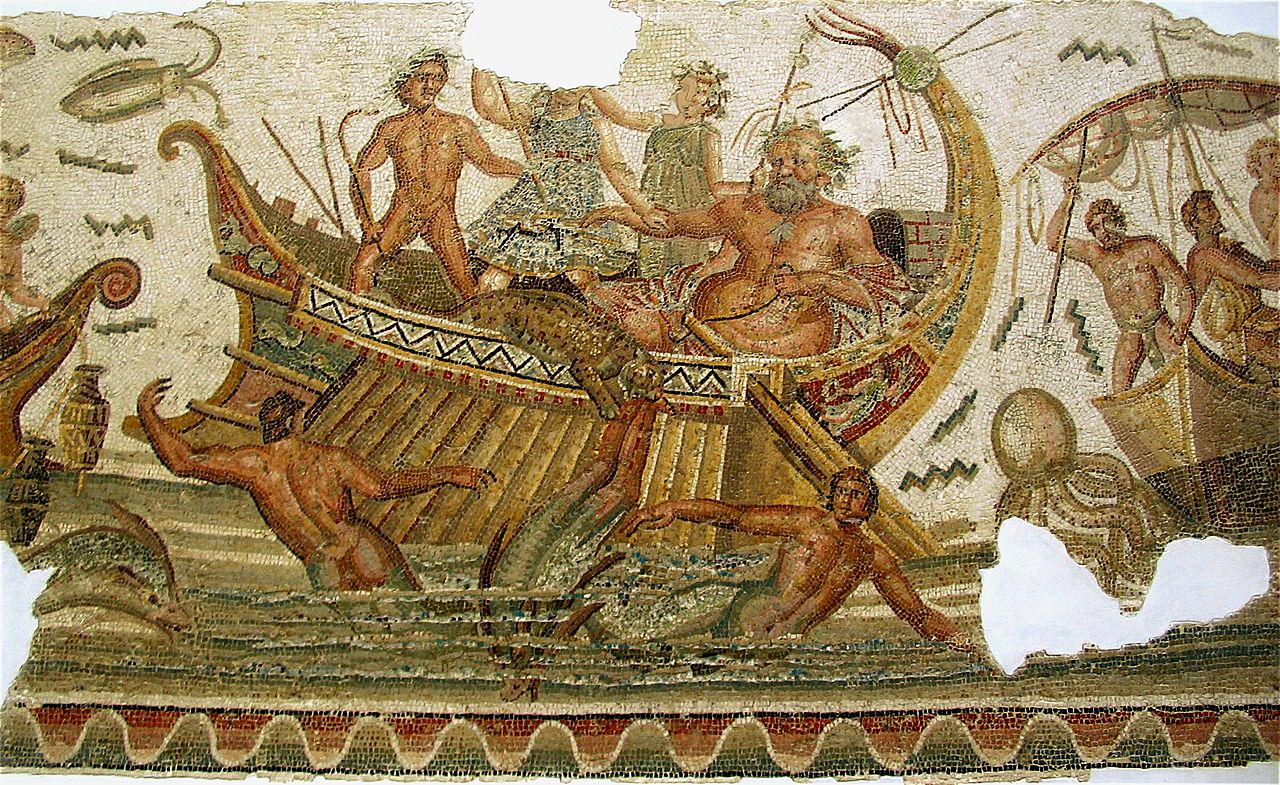Holiday Movies

So it turns out there are actually three outstanding holiday movies–TRUE GRIT, THE KING’S SPEECH, and THE FIGHTER.
True Grit is, as I’ve said, very ambitious and philosophically pretentious. It makes broad claims about human nature, and it causes us to wonder whether everything we do is, finally, both insignificant and ridiculous. Its characters are sort of epic caricatures or not quite fully fleshed out human beings; they’re not quite realistic.
The King’s Speech and The Fighter are based on true stories, and the characters are both more modest and more complete. One result is that those two films are both more realistic and more enjoyable than True Grit. They’re about families, friends, and a man’s dependence on the love of a beautiful and loyal woman. Neither includes even one murder, although The Fighter is, as you might expect, full of violence. (And the gathering storm of world war is the background of The King’s Speech.) They are, we might say, less about death and more about love.
The King’s Speech and The Fighter have strangely similar heroes. Each of those decent and gutsy family men frees himself from being dragged down by the pathologies of quite dysfunctional families to figure out for himself who is and what he’s supposed to do. Neither selfishly liberates himself from his familial responsibilities, though; each ennobles rather than runs away from the place him by birth.
Their backgrounds, of course, are radically different. The fighter grows up in a fairly squalid part of the Irish working-class rust belt; the king admits he knows nothing about such common people. The fighter’s greatness depends upon his fearless and savvy use of his exceedingly powerful fists; the king needs all the courage he can muster to gain minimally functional use of his tongue. But both display the greatness that comes from displaying grace in public under pressure.
We actually are reminded that George VI was the last great English king. He proved classy and resolute enough to become a symbol of unified national resistance against Hitler. Kings had been reduced from rulers to actors, but the ruler–Churchill–still admired and was properly deferential to the actor who provided what the people needed.
There’s a lot more to say about the fighter’s complicated friendship with his crackhead half-brother, and the king’s friendship with an actor/Shakespearean psychologist posing as a speech therapist. In both cases, though, the advice of the friend was indispensable, as was the different kind of endlessly supportive friendship of the woman who served the cause of his life’s purpose.
Colin Firth has provided us a marvelously nuanced and sensitive portrayal of a real gentleman for the second year in the row. But the two gentlemen–the king and the cultivated gay professor in A Single Man–have quite different virtues and understandings of who they are. Both characters manage to be quite singular and quite credible.
Jeff Bridges also has two consecutive fine holiday performances. But the characters he portrays in Crazy Heart and True Grit are pretty much alike; both are quite memorable in that grizzled sort of way, but neither is quite credible.





